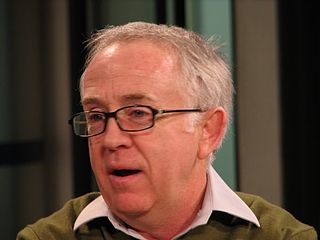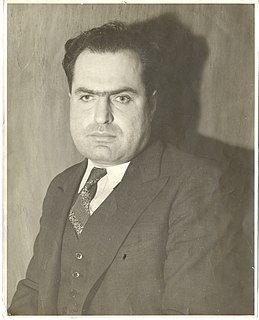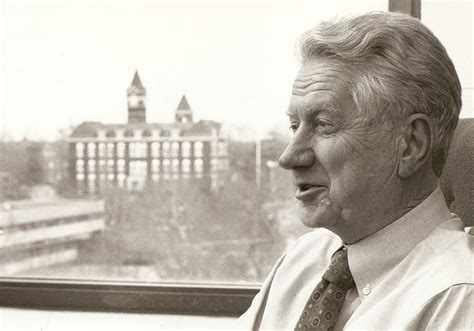A Quote by Friedrich Nietzsche
There is not sufficient religion in the world merely to put an end to the number of religions.
Related Quotes
All religions are not the same. All religions do not point to God. All religions do not say that all religions are the same. At the heart of every religion is an uncompromising commitment to a particular way of defining who God is or is not and accordingly, of defining life's purpose.
Anyone who claims that all religions are the same betrays not only an ignorance of all religions but also a caricatured view of even the best-known ones. Every religion at its core is exclusive.
Christianity is not a religion. Christianity is the proclamation of the end of religion, not of a new religion, or even of the best of all religions. If the cross is the sign of anything, it's the sign that God has gone out of the religion business and solved all of the world's problems without requiring a single human being to do a single religious thing. What the cross is actually a sign of is the fact that religion can't do a thing about the world's problems - that it never did work and it never will
Historically, religion has given people another world to live in, a world more adaptive to the human spirit. As a student of world religions, I see religion as the winnower of the wisdom of the human race. Of course, not everything about these religions is wise. Their social patterns, for example - master-slave, caste, and gender relations - have been adopted from the mores of their time. But in their view of the nature of reality, there is nothing in either modernity or postmodernity that rivals them.
RELIGION is one's opinion and belief in some ethical truth. To be a Christian is to have the religion of Christ, and so to be a believer of Mohammed is to be a Mohammedan but there are so many religions that every man seems to be a religion unto himself. No two persons think alike, even if they outwardly profess the same faith, so we have as many religions in Christianity as we have believers.
True religion has a universal quality. It does not find fault with other religions. False religions will find fault with other religions; they will say that theirs is the only valid religion and their prophet is the only saviour. But a true religion will feel that all the prophets are saviours of mankind.
So much blood has been shed by the Church because of an omission from the Gospel: “Ye shall be indifferent as to what your neighbor's religion is.” Not merely tolerant of it, but indifferent to it. Divinity is claimed for many religions; but no religion is great enough or divine enough to add that new law to its code.
[Giving] is the essence of the great religions of the world - whether you are discussing the Muslim, Hindu, Jewish or Christian religion. It is an essential fundamental principle of all religions, whatever stage of development a society has reached, to sympathize with others and to promote that spirit of equality.
The very fact that religions are not content to stand on their own feet, but insist on crippling or warping the flexible minds of children in their favour, forms a sufficient proof that there is no truth in them. If there were any truth in religion, it would be even more acceptable to a mature mind than to an infant mind--yet no mature mind ever accepts religion unless it has been crippled in infancy.
An important advance in the life of a people is the transformation of the religion of fear into the moral religion. But one must avoid the prejudice that regards the religions of primitive peoples as pure fear religions and those of the civilized races as pure moral religions. All are mixed forms, though the moral element predominates in the higher levels of social life. Common to all these types is the anthropomorphic character of the idea of God.
Most of the founding fathers, sympathetic with and influenced by the European Enlightenment, saw religion - natural religion, that is - as a potential good, but with equal clarity they saw the religions of existing institutions and religions based on a fixed scriptural revelation as meddlesome, wrong-headed and hopelessly obsolete.









































